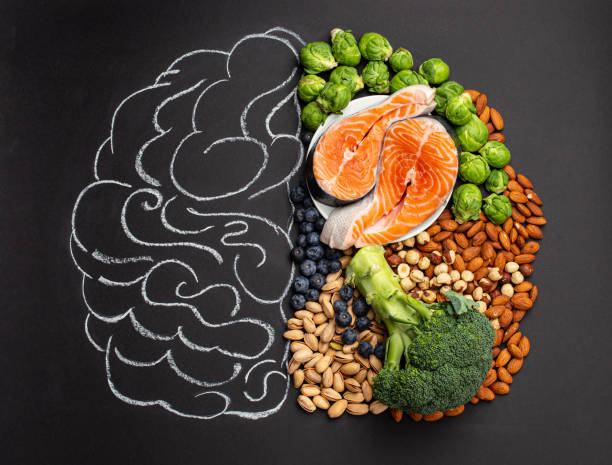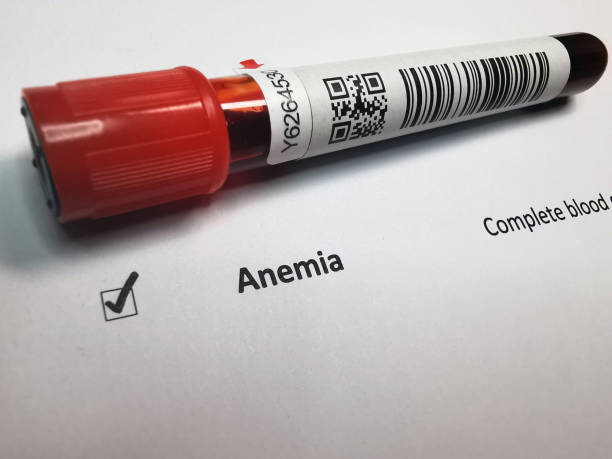Nutritionists and dietitians play crucial roles in guiding individuals towards healthier eating habits and managing various health conditions. Knowing when to seek their expertise can greatly impact your overall well-being. Here’s a detailed guide on When to seek help from a nutritionist or dietitian.
Understanding the Roles of Nutritionists and Dietitians
Before diving into when to seek help, it’s essential to understand the distinction between nutritionists and dietitians.
- Nutritionists: They often provide advice on general nutrition and healthy eating. Their qualifications can vary widely, from formal degrees to certification programs. In some regions, the term “nutritionist” is less regulated, so it’s important to check their credentials.
- Dietitians: Dietitians are registered health professionals with formal education in nutrition and dietetics. They must pass a national board exam and complete continuing education to maintain their credentials. They are qualified to provide medical nutrition therapy and work with individuals with specific health conditions.
1. Managing Chronic Health Conditions

One of the primary reasons to consult a dietitian is to manage chronic health conditions. Conditions such as diabetes, cardiovascular disease, and gastrointestinal disorders often require tailored nutritional plans.
- Diabetes: Dietitians can help individuals with diabetes manage their blood sugar levels through personalized meal plans that balance carbohydrates, proteins, and fats. They also provide guidance on monitoring blood glucose levels and adjusting dietary choices accordingly.
- Cardiovascular Disease: For those with heart disease or high blood pressure, dietitians can create plans that reduce sodium, saturated fats, and cholesterol while increasing fiber and heart-healthy fats.
- Digestive Disorders: Conditions like irritable bowel syndrome (IBS), celiac disease, and Crohn’s disease require specific dietary adjustments to manage symptoms and improve quality of life.
2. Weight Management

If you’re struggling with weight loss or gain, a nutritionist or dietitian can offer valuable insights and support.
- Weight Loss: They can help develop a sustainable and healthy weight loss plan that focuses on balanced nutrition, portion control, and healthy eating habits rather than extreme diets.
- Weight Gain: For those needing to gain weight, dietitians can provide strategies to increase caloric intake healthily, ensuring that weight gain doesn’t negatively impact overall health.
3. Food Allergies and Intolerances

Food allergies and intolerances can significantly impact your diet and quality of life. When to seek help from a nutritionist or dietitian can help you navigate these issues.
- Allergies: Dietitians can help you identify and avoid allergens while ensuring that you receive adequate nutrients from other food sources.
- Intolerances: For conditions like lactose intolerance or gluten sensitivity, they can provide alternatives and strategies to manage symptoms while maintaining a balanced diet.
4. Improving Athletic Performance

Athletes and fitness enthusiasts can benefit from specialized nutritional advice to enhance performance, recovery, and overall health.
- Performance: Dietitians can design meal plans that support optimal energy levels, muscle repair, and endurance. They can also provide guidance on hydration, timing of meals, and supplementation.
- Recovery: Post-exercise nutrition is crucial for recovery. A dietitian can recommend appropriate foods and nutrients to help reduce inflammation and repair muscle tissue.
5. Healthy Eating for Special Populations

Certain groups of people have unique nutritional needs that may require professional guidance.
- Pregnant and Breastfeeding Women: Nutritional needs change significantly during pregnancy and lactation. A dietitian can help ensure that both the mother and baby receive the necessary nutrients for health and development.
- Elderly Individuals: As people age, their nutritional needs and dietary requirements can change. Dietitians can help manage conditions like osteoporosis and ensure that older adults maintain a balanced diet.
6. Mental Health and Nutrition

There is a considerable correlation between food and mental health, according to recent studies. A nutritionist or dietitian can help address issues related to mental well-being.
- Depression and Anxiety: Certain nutrients and dietary patterns have been linked to mental health improvements. Dietitians can recommend foods that support brain health and mood regulation.
- Stress Management: Nutrition can play a role in managing stress levels. Dietitians can provide strategies to incorporate stress-reducing nutrients into your diet.
7. Customizing Dietary Preferences and Restrictions

If you have specific dietary preferences or restrictions, a dietitian can help you create a balanced diet that meets your needs and preferences.
- Vegetarian or Vegan Diets: Ensuring adequate intake of essential nutrients like protein, iron, and vitamin B12 can be challenging on plant-based diets. A dietitian can help design a plan that covers these needs.
- Religious or Cultural Dietary Practices: For those following religious or cultural dietary practices, a dietitian can provide guidance on maintaining nutritional balance while adhering to dietary restrictions.
8. Avoiding Nutritional Deficiencies

If you’re concerned about potential nutritional deficiencies, especially if you have an unusual diet or health condition that impacts nutrient absorption, consulting a dietitian can help prevent and address deficiencies.
- Blood Tests: A dietitian can interpret blood tests to identify deficiencies and recommend dietary adjustments or supplements as needed.
9. Navigating Food Trends and Misinformation

With the abundance of diet trends and nutritional misinformation online, it can be challenging to separate fact from fiction.
- Evidence-Based Guidance: Dietitians provide evidence-based recommendations, helping you make informed choices and avoid potentially harmful fad diets.
10. Preventive Nutrition

Even if you’re healthy, a nutritionist or dietitian can assist in developing a preventive nutrition plan to maintain your health and prevent future issues.
- Optimal Health: They can offer advice on maintaining a balanced diet to support long-term health and prevent chronic diseases.
Conclusion
When to seek help from a nutritionist or dietitian can provide invaluable support for managing health conditions, achieving weight goals, and improving overall well-being. Whether you’re dealing with a specific health issue, seeking to enhance athletic performance, or simply wanting to optimize your diet, their expertise can guide you towards healthier choices and a better quality of life. If you’re unsure whether you need professional guidance, consider reaching out for a consultation to discuss your needs and explore how they can help you achieve your health goals.
Frequently Asked Questions About Seeking Help from a Nutritionist or Dietitian
1. What distinguishes a dietitian from a nutritionist?
Answer: A dietitian is a registered health professional with formal education and credentials in dietetics and nutrition. They are trained to provide medical nutrition therapy and work with individuals who have specific health conditions. Nutritionists may have varying levels of education and certification, and their role is often less regulated than that of dietitians. Always check the credentials and qualifications of a nutritionist before seeking their advice.
2. How do I find a qualified dietitian or nutritionist?
Answer: To find a qualified dietitian or nutritionist, look for professionals who are registered with recognized organizations such as the Academy of Nutrition and Dietetics or similar professional bodies in your country. You can also ask for referrals from your healthcare provider or check online directories of certified practitioners.
3. What should I expect during my first consultation with a dietitian?
Answer: During your first consultation, the dietitian will typically conduct a thorough assessment of your health history, current diet, lifestyle, and specific goals. They may ask about your medical conditions, medications, and any dietary restrictions. Based on this information, they will create a personalized nutrition plan and provide guidance on how to implement it.
4. How long does it take to see results from dietary changes?
Answer: The time it takes to see results from dietary changes varies depending on your goals and individual circumstances. Some people may notice improvements in energy levels or digestion within a few weeks, while changes in weight or chronic health conditions may take several months of consistent effort. Your dietitian will work with you to set realistic expectations and monitor your progress.
5. Are nutritionist or dietitian services covered by insurance?
Answer: Coverage for nutritionist or dietitian services depends on your health insurance plan. Many insurance plans cover dietitian services, especially if they are part of a treatment plan for a medical condition. Check with your insurance provider to understand your benefits and any requirements for coverage.





